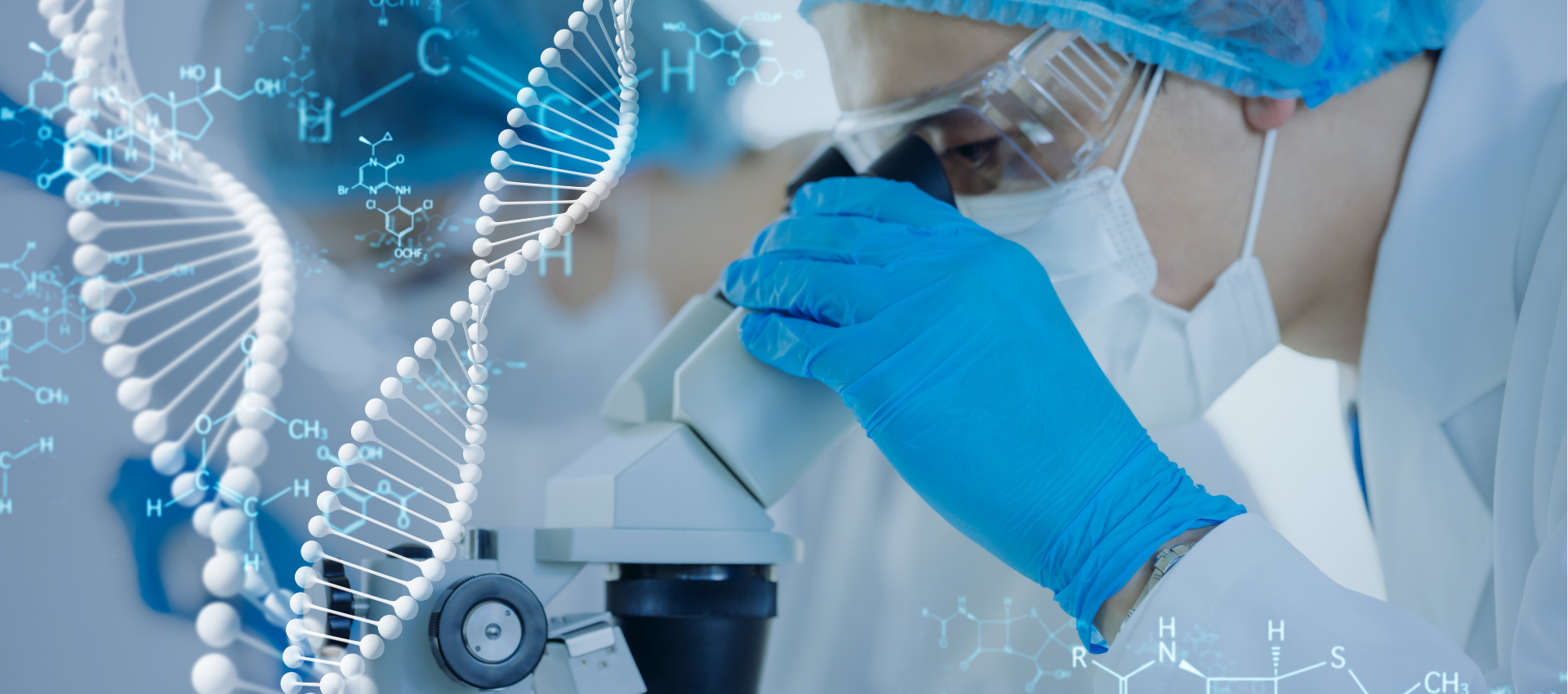What is Genetic Analysis?
Despite the fact that genetic analysis has become a regular part of modern medicine, a lot of people still don’t understand what it is and how it can benefit them. Genetic analysis consists of various types of tests, such as SNP testing, Indirect DNA analysis, Karyotyping, and Whole-genome and whole-exome sequencing. These tests are usually done by labs, but there are also home-based genetic tests available.
SNPs are the most common source of genetic variation
Among all forms of genetic variation, single nucleotide polymorphisms (SNPs) account for the most genetic variability in human populations. These variations can occur in coding or noncoding regions of the genome. They can change the sequence of genomic DNA, mRNA, or noncoding RNA. This may affect protein expression, gene splicing, transcription factor binding, messenger RNA degradation, and more. In addition, SNPs can predict the risk of developing disease.
SNPs can be found in regions near genes that play a direct role in the development of disease. Several studies have identified disease-associated nonsynonymous SNPs. These SNPs are associated with increased risk of cancer and other diseases. In addition, they have been linked to various behavioral differences in humans and other species.
Whole-genome and whole-exome sequencing
85% of the genetic variants associated with Mendelian disorders are found in the exome. Exome sequencing is an advanced genetic test that identifies genetic variants in the protein-coding regions of any gene. This test is highly informative and may reveal the genetic causes of symptoms.
The human genome contains about three billion base pairs. These base pairs contain instructions that are needed to build cells and proteins. Variations in DNA outside of the exons affect gene activity and may lead to genetic disorders. Whole-genome and whole-exome sequencing can identify genetic variants in these areas of the genome.
COVID-19 genetic research
Using genetic analysis of COVID-19 test samples, scientists have discovered a new variant of the coronavirus. The variant is known as B.1.1.529 and was detected in a sample taken from a person travelling from South Africa to Hong Kong. The new variant was also found in wastewater in Las Vegas.
According to the study, this variant of the virus is likely to cause eight to nine out of every ten new cases. The study did not identify the genetic mechanism that led to the variant’s discovery, but it does show that it is a common phenomenon.
Karyotyping
Spectral karyotyping is used in genetic analysis of hematologic neoplasms. This technique involves analyzing FISH fusion signals to identify chromosome involvement. Spectral karyotyping has been used to identify novel translocations in childhood acute lymphoblastic leukemia. It has also been used to identify de novo MDS.
Spectral karyotyping and multicolor FISH analysis have been used to identify nonrandom chromosome translocations in multiple myeloma. These translocations have been associated with an increase in disease prognosis. The genes involved with these translocations are associated with advanced cancers. In addition, spectral karyotyping has been used in the analysis of tumor suppressor loci.
Home-based genetic tests
Getting your DNA tested at home has been growing in popularity. Consumers can buy a DNA test kit that requires a saliva sample. These tests can reveal ancestry, genetic make-up, and health risk factors.
Genetic testing can be very beneficial for family members who are diagnosed with cancer. It can also help doctors identify and treat certain diseases earlier. Unlike traditional screening, a home-based test can be purchased without a doctor’s order. A genetic counselor can help patients understand the results.
The American Cancer Society (ACS) offers home-based genetic tests that look for biomarkers in the cancer sample. This type of testing helps patients and their families better understand the disease and how to treat it. The tests can identify genetic variants that increase the risk of cancer, as well as those that increase the risk of ovarian and breast cancer.
Indirect and direct DNA studies
Various DNA tests can be performed to provide information about a person’s genes throughout their lives. These tests are useful for detecting diseases, determining ancestry, and understanding biological relationships. The results are usually included in the medical record.
Although there are many types of tests, these are commonly found in a genetic test package. Various genetic tests are categorized into two main groups: ancestry tests and health-related tests.
The most important thing to remember is that direct DNA studies look at the gene itself. Indirect tests look at markers that are near the gene. However, not every trait or disease can be attributed to a particular gene.
Results of a genetic test are not put in a medical record
Having results of a genetic test not placed in a medical record is a concern for many people. Although there are laws against discrimination, they can’t solve the problem. It’s important to discuss your options and plan ahead.
Genetic information is used for research, to detect disease early, and for reproductive decisions. Genetic counseling can help you and your family understand your genetic variations. The information can also be useful in family planning and insurance coverage. It’s important to discuss your options with your physician.
Insurers are not required to ask for genetic information. However, they may be able to infringe on an applicant’s privacy. If an applicant is asked to undergo genetic testing, they have the right to refuse, but they may have to pay for the tests.

